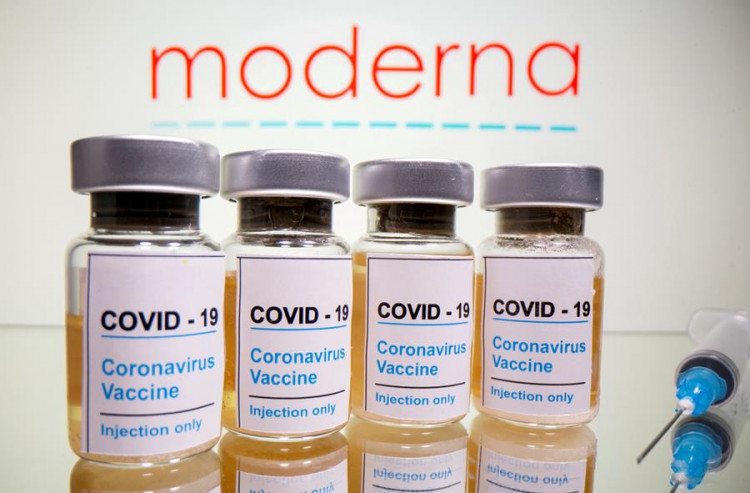Moderna surprised Wall Street with a third-quarter profit on Thursday, driven by robust COVID-19 vaccine sales and significant cost-cutting measures. The Cambridge, Massachusetts-based biotech company posted net income of $13 million, or 3 cents per share, a sharp turnaround from a net loss of $3.63 billion, or $9.53 per share, during the same period last year. Analysts had anticipated a loss of $1.90 per share. Shares of Moderna surged nearly 9% in premarket trading on the unexpected earnings report.
The company's flagship COVID-19 vaccine, Spikevax, generated $1.8 billion in sales, exceeding expectations of $1.38 billion. Moderna attributed the increase to a faster U.S. rollout of its updated COVID-19 shot this year, which received FDA approval nearly three weeks earlier than the previous iteration in 2023. "We shipped more in the early days and were able to ensure all healthcare providers had access to COVID vaccines," Chief Financial Officer James Mock stated.
In addition to COVID-19 vaccine sales, Moderna reported modest revenue from its new respiratory syncytial virus (RSV) vaccine, mRESVIA, totaling $10 million. However, this figure fell significantly short of analysts' expectations of $132 million. Moderna explained that late approval of the RSV vaccine led to missed opportunities during peak contracting season, with many distributors already committed to other orders. Despite this setback, the RSV vaccine is approved in the U.S., European Union, Norway, Iceland, and Qatar.
The company's total quarterly revenue reached $1.86 billion, slightly surpassing the $1.83 billion reported during the same period last year. The earnings boost underscores Moderna's strategic pivot as it faces declining demand for its COVID-19 products in the post-pandemic market. CEO Stéphane Bancel emphasized that the early launch of the new COVID vaccine and improved distribution helped drive sales. "The earlier launch and a steeper ramp drove a much higher sales number," Bancel said in an interview.
Moderna's cost-cutting measures also played a key role in its quarterly success. Expenses for the third quarter dropped by nearly 50% year-over-year to $1.93 billion. The reduction included a 77% decrease in the cost of sales, primarily due to fewer write-downs of unused vaccine doses and scaled-back manufacturing operations. Research and development expenses decreased 2% to $1.1 billion, reflecting reduced spending on clinical trials and related activities.
Looking forward, Moderna reiterated its full-year 2024 sales guidance of $3 billion to $3.5 billion, despite earlier reductions due to lower European demand and a competitive respiratory vaccine market in the U.S. Analysts at TD Cowen noted that the guidance appears "more than achievable based on anticipated Q4 COVID vaccine sales."
Moderna's focus now shifts to its broader product pipeline. The company is betting on a portfolio built around its messenger RNA (mRNA) technology, which underpins its COVID and RSV vaccines. With 45 products in development, including a standalone flu shot, a personalized cancer vaccine in collaboration with Merck, and various shots targeting latent viruses, Moderna aims to bring 10 of these products to market within three years.
To bolster its growth strategy, Moderna is set to file for approval of its combined COVID-influenza vaccine and expand the approval of its RSV vaccine for high-risk adults aged 18 to 59. "We remain committed to bringing new mRNA-based solutions to market," Bancel said.




